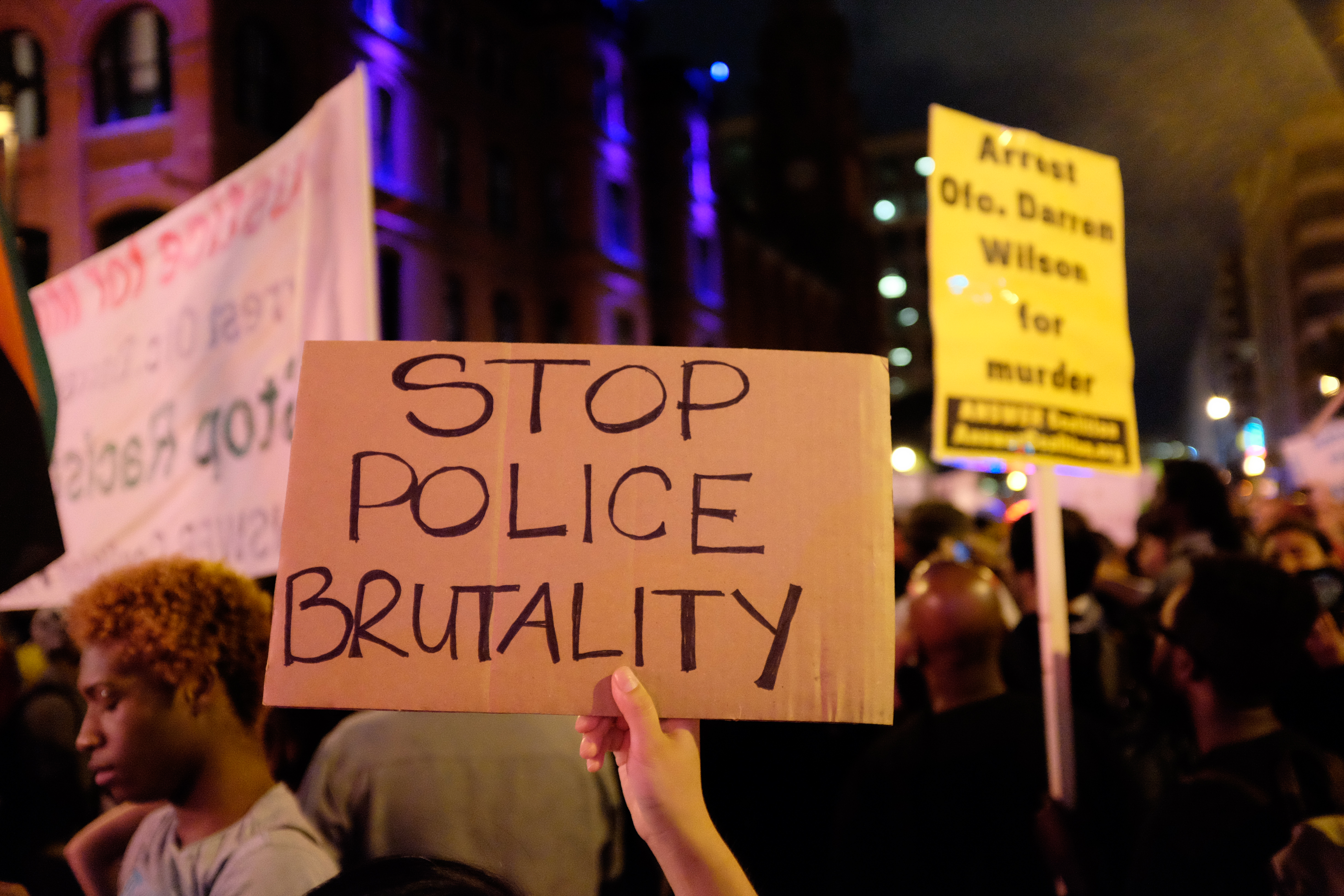#NoCopAcademy: Misguided Solutions for the CPD
 https://flic.kr/p/oSLB9D
https://flic.kr/p/oSLB9D
This past summer, Chicago mayor Rahm Emmanuel made a proposal for a new $95 million police and firefighter training facility on the west side of the city. Last week, city council voted to approval the purchase of land for the proposed “cop academy” for $10 million. The vote was 48-1, in favour of the expense.
Emmanuel has three selling points for the cop academy, which he reiterated at the city council meeting. First, Emmanuel imagines the cop academy as a solution to the scathing report the Department of Justice (DOJ) released on the Chicago Police Department (CPD) last year. The report was commissioned following the police murder of teenager Laquan McDonald in 2014. The CPD was found to have a pattern of excessive force and disproportionate minority contact: 74% of Chicagoans who were shot by police were black, despite only a third of the city being black.
Emmanuel additionally sees the cop academy as an opportunity to bring increased safety to the west side and he believes it is “an investment in the type of economic activity we want to see.” Emmanuel is not alone: Alderman Emma Mitts, from the 37th ward where the training facility will be built, has also been vocal about this project. She spoke passionately about wanting “to set a standard where [young people] can interact with [police].” Furthermore, Alderman Mitts said that people from her ward want more police in their community. She pleaded with her fellow aldermen to vote in favour of the first step towards creating the facility.
The sole vote against the proposition was cast by Alderman Carlos Ramirez-Rosa of the 35th ward. He expressed the dissent of many Chicagoans, including famed Chance the Rapper. Alderman Ramirez-Rosa highlighted officer accountability and mental health services as factors that need to be addressed prior to investing in this training facility when working to improve the CPD.
The DOJ report itself supports Alderman Ramirez-Rosa remarks’ on accountability: one of the report’s most condemning findings was that only 2% of misconduct complaints against the CPD were sustained in the 5 years prior to the report. Clearly, increasing policy accountability is a key change that needs to be made when addressing the issues in the CPD. However, accountability is a retroactive step to righting the wrongs of police officers, and while it is important, it would be even more effective if we could prevent so many police misconduct episodes from happening. The key to taking proactive action is reforming police training and police-community relations. Yet, this does not mean $95 million needs to be poured into a new training facility, for multiple reasons.
First, the changes in police training that need to be made do not need to happen in a new facility. Chicago police officers need intense de-escalation training, so that excessive force is not a regular response. This type of change in training curriculum can be enacted in current training facilities. Second, Chicago does not have the money for this facility. With the budget plan Emmanuel has laid out he is still $37 million short for the cop academy. Also, if Emmanuel has suddenly found $58 million there are many other resources in need of that money. For example, the 50 schools Emmanuel closed in 2013 could have used that money.
It will take a sizable amount of funds to make sure that CPD training is properly reforming, but it does not take putting $95 million into a new facility. More importantly, the city could achieve the goals Alderman Mitts has for her ward without funneling $95 million into only a training facility. That money may be better used in her ward, and the rest of the west side, by allocating it for a few different purposes: better police training, increased police presence, school improvement, more after school activities and business stimulation. This would take a more holistic approach to improving many components of the community, not just a police training facility.
Edited by Benjamin Aloi
